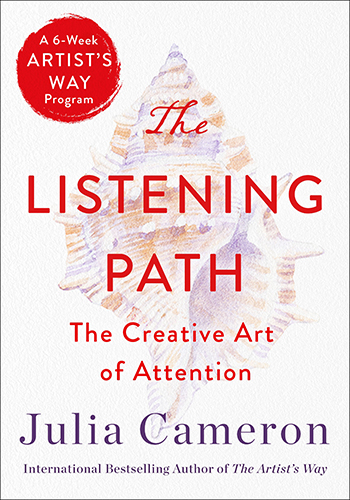 Julia Cameron has written a new book, The Listening Path: The Creative Art of Attention (St. Martin’s Essentials, 2021), which she describes as a 6-week Artist’s Way Program. Do you remember reading The Artist’s Way which helped many of us enter a “creative recovery” program for six weeks? It was first published in 1991. A 25th Anniversary edition came out in 2016.
Julia Cameron has written a new book, The Listening Path: The Creative Art of Attention (St. Martin’s Essentials, 2021), which she describes as a 6-week Artist’s Way Program. Do you remember reading The Artist’s Way which helped many of us enter a “creative recovery” program for six weeks? It was first published in 1991. A 25th Anniversary edition came out in 2016.
In her new book, Julia reminds readers of “the basic tools” from The Artist’s Way: Morning Pages, Artist Dates and Walks.
Morning Pages are a way to listen to ourselves each morning “thus clearing the way for further listening through the day.” To write “morning pages” is a daily practice of writing three pages in a stream-of-consciousness way, when first waking up. As Julia says: “We learn to trust that each word is perfect – good enough and even better than that.”
Anything and everything that crosses your mind is what goes into Morning Pages.
With Artist Dates “we listen to the youthful part of ourselves who craves adventure and is full of interesting ideas,” Julia says.
With Morning Pages, we focus “our attention on the problem at hand. With Artist Dates, we practice release, and our minds fill with new ideas. It takes the ‘letting go’ for the process to work.”
The Artist Date is a way to woo your artist self and is something you do on your own each week. While there are restrictions these days when it comes to art galleries, bookstores and the like, in our area we can visit bookstores while masked. Visiting the children’s section of a bookstore would be a fun Artist Date. There are amazing children’s books full of colour and stories to lift your spirits.
In downtown Nanaimo, there’s a small art gallery called Gallery Merrick. A visit to Joe and the art he has arranged by various artists would be a fun Artist Date. A fabric store, art store, craft supply store, or garden centre could be other possibilities. There may be gardens in your area that would be a good Artist Date where you could be on the look-out for signs of spring.
The Artist Date is a time to visit “something you love” and “come home to yourself,” Julia says.
Walks are a way to “listen both to our environment and to what might be called our higher power or higher self.”
Walking is the third tool as it’s a way to untangle “our often tangled lives” Julia says. Many spiritual traditions practice walking such as Buddhists with their walking meditation. It’s the form of meditation I prefer over sitting.
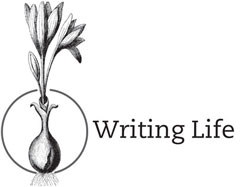 Julia says writing is indeed “a form of active listening.” For that reason, I’m using the theme of “The Listening Path” for the next Writing Life women’s writing circle that begins on March 31st. (Have a look under “Circles” for the Writing Life Circle (via Zoom) or for “Writing Life “from away” (via email).
Julia says writing is indeed “a form of active listening.” For that reason, I’m using the theme of “The Listening Path” for the next Writing Life women’s writing circle that begins on March 31st. (Have a look under “Circles” for the Writing Life Circle (via Zoom) or for “Writing Life “from away” (via email).
In her book, Julia describes her days in Sante Fe as she writes about Listening to Our Environment, Listening to Others, Listening to Our Higher Self.
In the chapter on Listening Beyond the Veil, Week 4, Julia quotes Johann Wolfgang Von Goethe: “The world is so empty if one thinks only of mountains, rivers & cities; but to know someone who thinks & feels with us, & who, though distant, is close to us in spirit, this makes the earth for us an inhabited garden.”
What a lovely phrase: “an inhabited garden.” Indeed, the memories of my parents, beloved aunts and uncles, friends and cats who have all passed on do inhabit my garden, my little part of the earth.
Listening to “the world beyond the veil,” Julia says, requires “spiritual openness.” She says: “All that is required is that we open the door. And so we write: ‘Can I hear from X?’”
She keeps in touch this way with two women friends who have passed on. Julia asked about something specific and it was if she was taking dictation as she “heard” the answer.
“But, Julia, what if your responses from the afterlife are just wishful thinking?” If so, her “wishful thinking” had led her in a positive direction, Julia says. “There can be no harm in the positive. The contact bolsters our self-worth.”
Week 5 is “Listening to Our Heroes” and one of Julia’s is Bill Wilson, co-founder of Alcoholics Anonymous. She has also connected to Carl Jung who answered her in a cooler way than Bill: “Ms. Cameron, you are on track. You have much to offer. You can express yourself well. Right now you are replenishing your stocks. There is much to be said for a deep, quiet life.” He actually recommended to Julia that she read Anais Nin!
Many years ago when I was teaching a creative writing class in Guelph, Ontario, I suggested that we write some advice from a beloved writer or artist. “Do you always do channeling in your classes,” a student later asked me. I hadn’t thought of it that way. Perhaps I was channeling advice directly from Frida Kahlo when I wrote a poem called “Frida’s Advice” but I thought of it as my vivid imagination and the knowledge I had of the late Mexican artist. Whatever the explanation, it is fun to do. I’ve included my poem, “Frida’s Advice,” below.
The final week or chapter 6 of The Listening Path is “Listening to Silence.” I so appreciate the silence in a poem – all that white space beyond each line where we take a pause. My poetry mentor, Patrick Lane, will have a new book of poetry released from Harbour Publishing in the Fall: The Quiet in Me.
“Most commonly, I’m told that stopping and listening to silence brings a sense of calm and possibility. For me, I know that is true,” Julia says. In each of her chapters she has “Try This” sections and in this chapter she suggests finding a quiet environment and noting your resistance to the silence and perhaps the feeling of missing out by turning off all devices. “Try making this a regular habit. Like any habit, it can become more natural with practice.”
When someone has died we offer a minute of silence, in remembrance. When someone is suffering a loss, we sit with them, no advice needed, in silence.
While we won’t necessarily follow Julia’s “Try This” sections in the writing circles, I have all sorts of ideas based on her weekly themes. I look forward to exploring them on my own and with others.
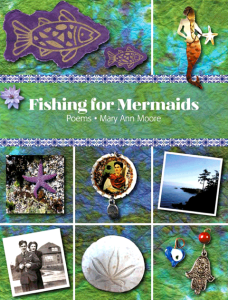
Fishing for Mermaids (Leaf Press, April 2014)
Frida’s Advice
Ask me why people are so fascinated with
my crazy life, mi vida loca,
and I answer:
it’s the combination of sinister blues, yellow love, gangrene
the difference they see as exotic,
my body,
of work
the flame in the pain.
I was in anguish and
originality,
the smell of the paint, the brush
in my hand –
transcended the pain.
I say:
Go to the centre of the fire.
See what’s there.
It may not be as hot as you think.
It may be blue cold.
Write in bed.
Surround yourself with what matters.
Explore red.
Come to Mexico.
Read Octavio Paz.
Free yourself from the still life.
As for my pain
it was always there
but an angel with cut-lace wings kept me breathing
kept me examining every fissure
on my face,
every symbol of my lineage
every radical expression
left in me.
I will write to you with my eyes, always.
“Frida’s Advice” won third prize in the Book Shelf’s Annual Poetry Contest and was published in the May/June 2005 issue of Off the Shelf, Guelph, Ontario. It is also included in Fishing for Mermaids (Leaf Press, 2014).

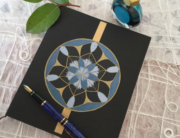
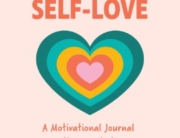
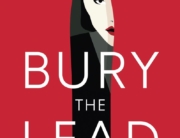
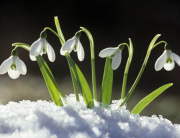
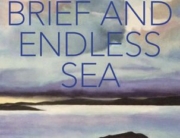
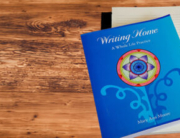
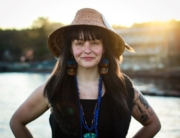
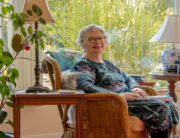
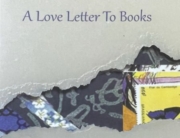
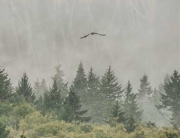
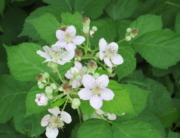
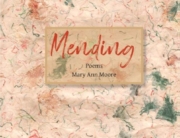
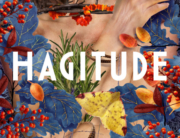
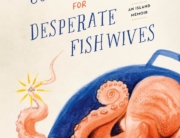
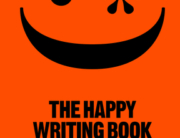
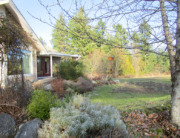
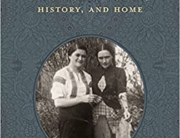
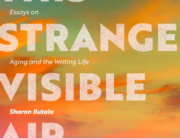
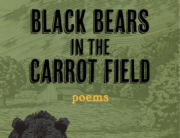
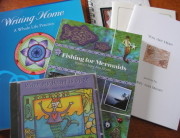
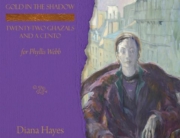
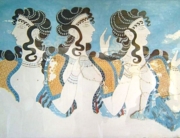
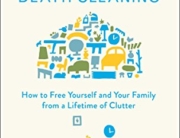
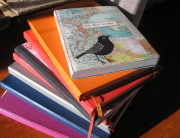
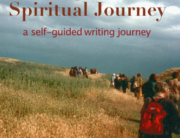
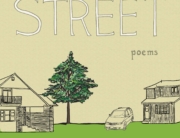
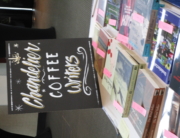
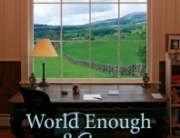
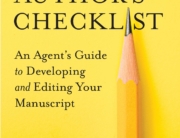
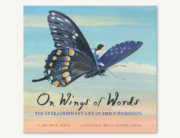
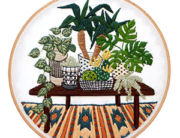
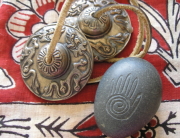
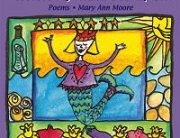
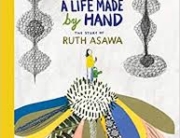
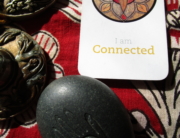
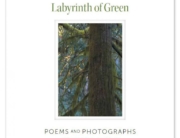
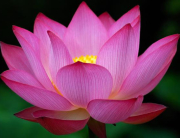
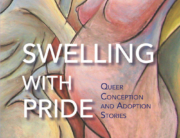
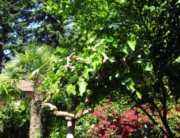
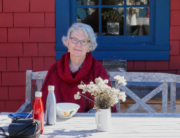
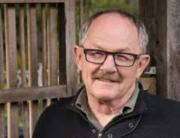
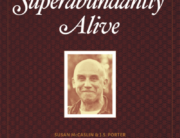
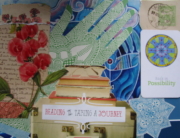
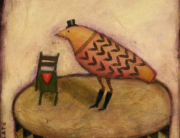
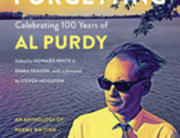
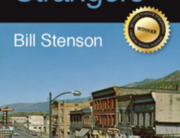
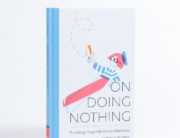
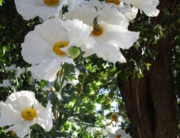
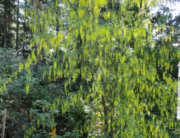
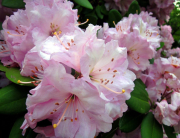
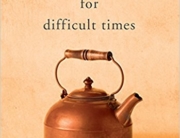
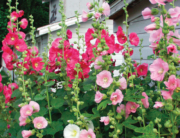
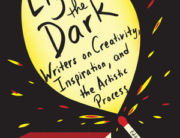
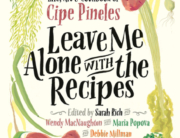
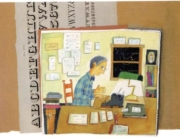
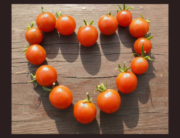
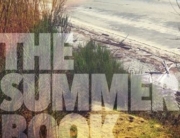
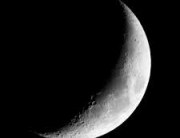
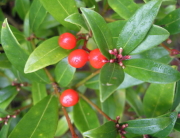
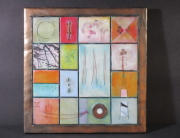
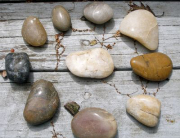
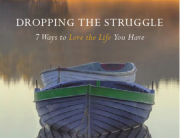
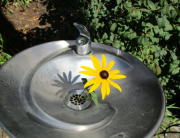
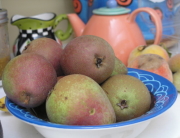
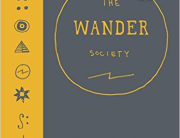
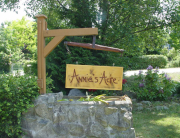
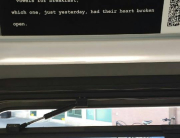
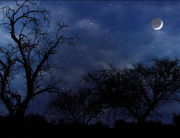
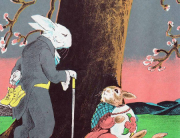
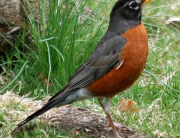
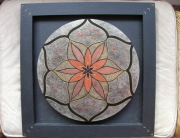
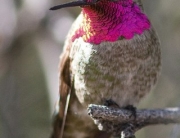
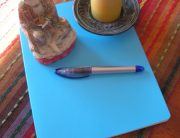
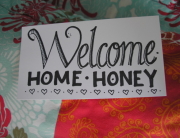
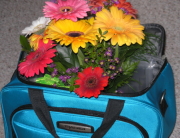
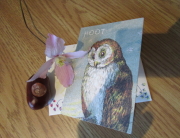
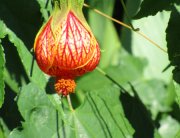
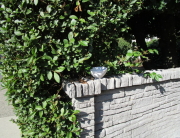
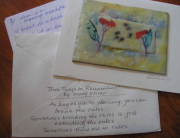
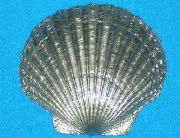
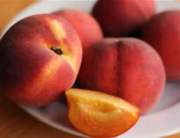
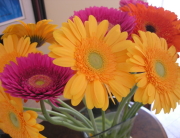
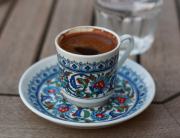
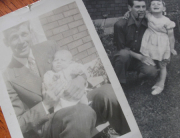
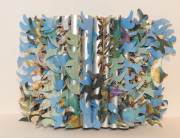
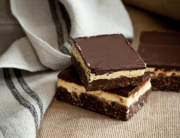
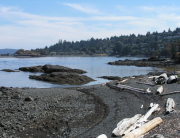
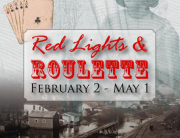
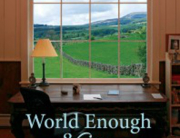
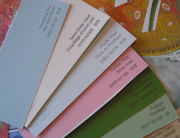
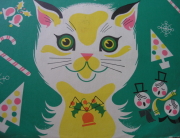
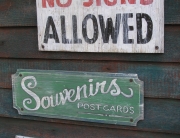
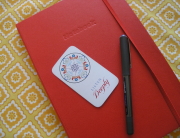
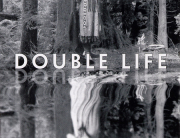
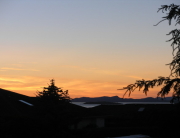
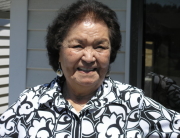
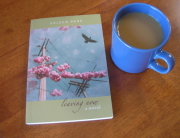
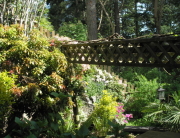
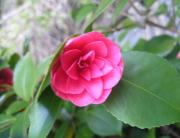
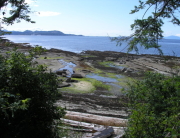
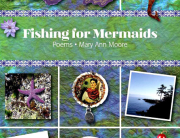
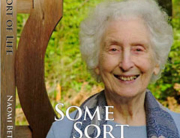
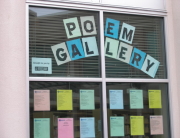
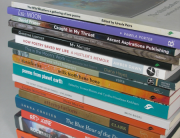
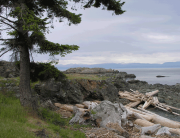
Dear Mary Ann,
Your poem is exquisite and inspired. I love “free yourself from the still life.” Brilliant and such very good advice.
Thank you for the reminder of the Artist’s Way~~A few years ago I was encouraged to participate in an artist’s way workshop because of that book. Exploring our own creativity and higher selves with other like minded women. What a treat.
Warmest Regards,
M
I love the idea of channeling in journal writing. My grandmother’s voice is clearly saying “why do you give people so much to talk about?” My father would say nothing at all. And my old boyfriend,’Sorry I died while I still owed you a dance.”
Each of these could easily develop into a biography story. Thank you Mary Ann!